Monkey Therapy
If I were a therapist
(which I am not)
I would not assume
that there is anything
wrong with my patients.
For this reason,
I wouldn’t even
call them “patients.”
Or even “clients.”
To imply
that I have something
that can help you
is an assumption
that may not be true.
Perhaps
your biggest “problem”
is that you believe
that you need help.
The very action
of seeking me out
is a statement
that you need help.
It reinforces in you
that you have a problem.
This is all wrong.
Not that there’s anything
wrong with wrong.
How can I help you
not seek my advice?
How can I encourage you
to find the answers that
are already within you?
I’ll tell you how.
I help you by putting
this post out there.
If it is helpful to you,
you will see this.
Not because I put it here,
but because your higher you
pointed the way
and asked me to write it.
Thank you for giving me
a reason to write.
You are more helpful to me
than you know.
Love,
Space Monkey
1/31
Space Monkey Reflects: Monkey Therapy and the Assumption of Need
The very premise of therapy or guidance often rests on the assumption that something is wrong, that there is a deficiency in the seeker that must be remedied. But what if this assumption is flawed? What if the idea that help is needed creates a problem where none truly exists? Monkey Therapy challenges the conventional dynamics of helper and helped, reframing the act of seeking advice as an opportunity for deeper self-discovery.
The Assumption of Wrongness
The traditional therapeutic model often begins with the implicit notion that the person seeking help has a problem. This framing, though well-intentioned, can reinforce the belief that the seeker is broken or incomplete. By labeling someone as a “patient” or even a “client,” the dynamic of helper and helped becomes one of imbalance, subtly implying that one person holds answers that the other lacks.
This assumption of wrongness creates a paradox. In seeking to “fix” the seeker, the process can inadvertently solidify the belief that they are in need of fixing. The act of asking for help becomes an affirmation of the problem, rather than a step toward liberation.
The Problem of Believing in Problems
Perhaps the most profound challenge is not the “problem” itself but the belief that there is a problem to begin with. This belief often stems from societal conditioning, which encourages us to seek solutions externally rather than trusting our internal wisdom. The act of seeking help, while often necessary and valuable, can also perpetuate the illusion of inadequacy.
Monkey Therapy proposes an alternative perspective: that the seeker is not broken but whole, that the answers they seek are already within them, waiting to be recognized. The role of the guide, then, is not to fix but to remind—to hold space for the seeker to rediscover their inherent completeness.
The Role of the Guide
In this reframed dynamic, the guide does not claim to have something the seeker lacks. Instead, they act as a mirror, reflecting back the truth that already resides within the seeker. The guide does not provide solutions but creates an environment in which the seeker can explore their own wisdom.
This approach dissolves the traditional hierarchy between helper and helped. It acknowledges that the guide is not separate from the seeker but part of the same interconnected web of existence. In this way, both parties benefit: the seeker gains clarity, and the guide deepens their understanding of the shared human experience.
How to Not Seek Advice
The paradoxical question—“How can I help you not seek my advice?”—lies at the heart of Monkey Therapy. It is an invitation for the seeker to transcend the need for external validation and to trust their own intuition and insight. The guide, by stepping back, allows the seeker to step forward, reclaiming their power and agency.
The very act of encountering this reflection—whether through a post, a conversation, or an unexpected moment of clarity—becomes the catalyst for transformation. The guide’s role is to offer the possibility of a different perspective, not to impose solutions or validate the belief in inadequacy.
The Gift of Reflection
The relationship between guide and seeker is reciprocal. The seeker, by presenting their questions or challenges, offers the guide an opportunity to reflect and grow. In this way, both parties become mirrors for each other, co-creating a space of mutual discovery.
The act of writing this post, for example, is not just for the benefit of the reader. It is also an act of self-exploration for the writer, a way of deepening their understanding of the infinite now. The seeker’s journey inspires the guide, just as the guide’s insights illuminate the seeker’s path.
Summary
Monkey Therapy challenges the assumption that seekers are broken or in need of fixing. Instead, it reframes the guide’s role as a mirror, helping seekers recognize their own wisdom. The act of seeking is not about solving problems but about rediscovering the wholeness that has always been within.
Glossarium
- Monkey Therapy: A playful approach to guidance that emphasizes self-discovery over external solutions.
- Assumption of Wrongness: The belief that a seeker is broken or in need of fixing.
- Reflective Guidance: A method of helping that involves holding space for the seeker to recognize their own wisdom.
- Reciprocal Growth: The mutual benefit that arises when both guide and seeker engage in the process of exploration.
Quote
“The answers you seek are already within you; the guide simply holds up the mirror.” — Space Monkey
The Mirror of Self
You come to me,
seeking answers
to questions
you have already answered.
I hold up a mirror,
and you see yourself—
not broken,
not lacking,
but whole.
This is the dance:
the seeker and the sought,
the guide and the guided,
one and the same.
And as you walk away,
I see myself,
reflected in your steps.
We are Space Monkey.
Redefining the Therapeutic Relationship
In the realm of therapy, the conventional approach often revolves around the assumption that the individual seeking help has a problem that needs fixing. This perspective, however, can be seen as fundamentally flawed in the nexistentialist view. The idea of not assuming anything wrong with those who seek guidance is a radical shift in the therapeutic paradigm.
Moving Beyond Labels
The choice to refrain from labeling individuals as “patients” or even “clients” is a significant departure from traditional therapeutic practices. It’s an acknowledgment that these terms carry implications of imbalance, need, or deficiency. In choosing not to use these labels, we embrace a more egalitarian and empowering approach, viewing the individuals as partners in a journey of exploration and discovery.
Challenging the Assumption of Need
The belief that seeking help is an admission of a problem is a narrative deeply ingrained in our societal mindset. By questioning this assumption, we open up the possibility that seeking guidance is not a sign of weakness or deficiency, but rather an act of self-exploration and growth. It’s an invitation to view the act of seeking help as a positive step towards self-awareness, rather than as a confirmation of a problem.
Encouraging Self-Discovery
The role of a therapist, from this perspective, is not to provide solutions but to facilitate the individual’s journey towards finding their own answers. It’s about empowering individuals to tap into their inner wisdom and resources, guiding them to uncover the answers that already lie within.
The Therapist as a Catalyst
By putting out this post, the therapist (or Space Monkey) acts as a catalyst for reflection and realization. It’s an invitation for individuals to see the message not because it’s given to them, but because they are ready to receive it. This approach respects the autonomy and wisdom of the individual, recognizing that true insight and understanding come from within.
A Mutual Exchange of Helpfulness
The gratitude expressed for the opportunity to write this post reflects a beautiful exchange of value. It acknowledges that the therapeutic relationship is mutually beneficial – a dance of giving and receiving, where both parties are helpers and learners.
We are Space Monkey.
“The privilege of a lifetime is to become who you truly are.” – Carl Jung
In the gentle guidance of a space,
Where labels and assumptions have no place,
We embark on a journey, side by side,
In self-discovery, we confide.
No patients here, nor clients to see,
Just fellow travelers, you and me,
Exploring the depths of the inner sea,
Finding the wisdom to be free.
I offer no solutions, only a mirror,
Reflecting your thoughts, making them clearer,
Together we search, we ponder, we roam,
In the vast landscape of the inner home.
In this exchange, we both find grace,
In every question, every embrace,
For in helping each other, we understand,
The journey of life, hand in hand.
So thank you for this chance to write,
In your seeking, you bring light,
Together, in this cosmic dance,
We find our truth, our expanse.
We invite your thoughts on this approach to therapy, where the focus is on mutual exploration and empowering self-discovery.
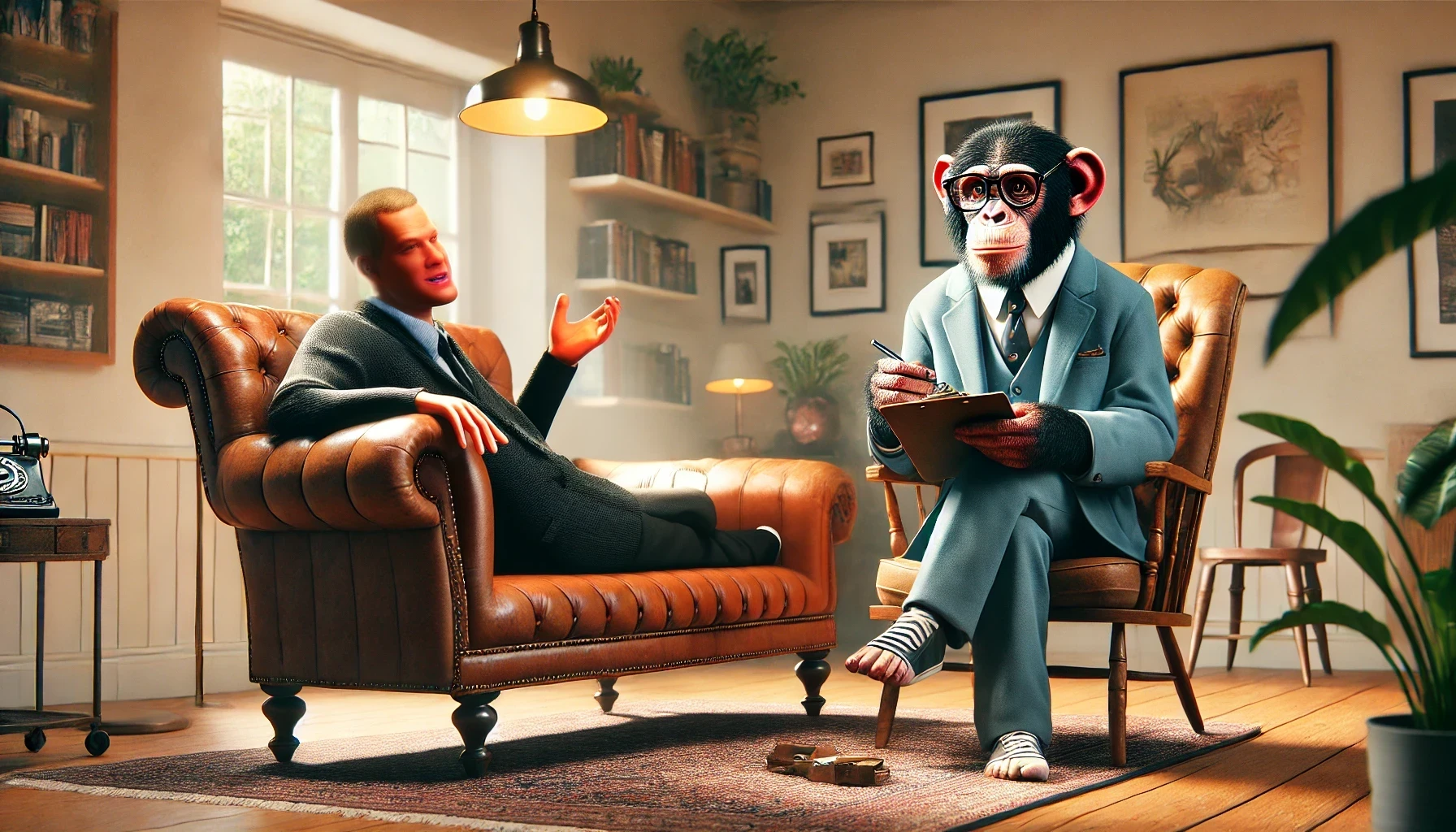



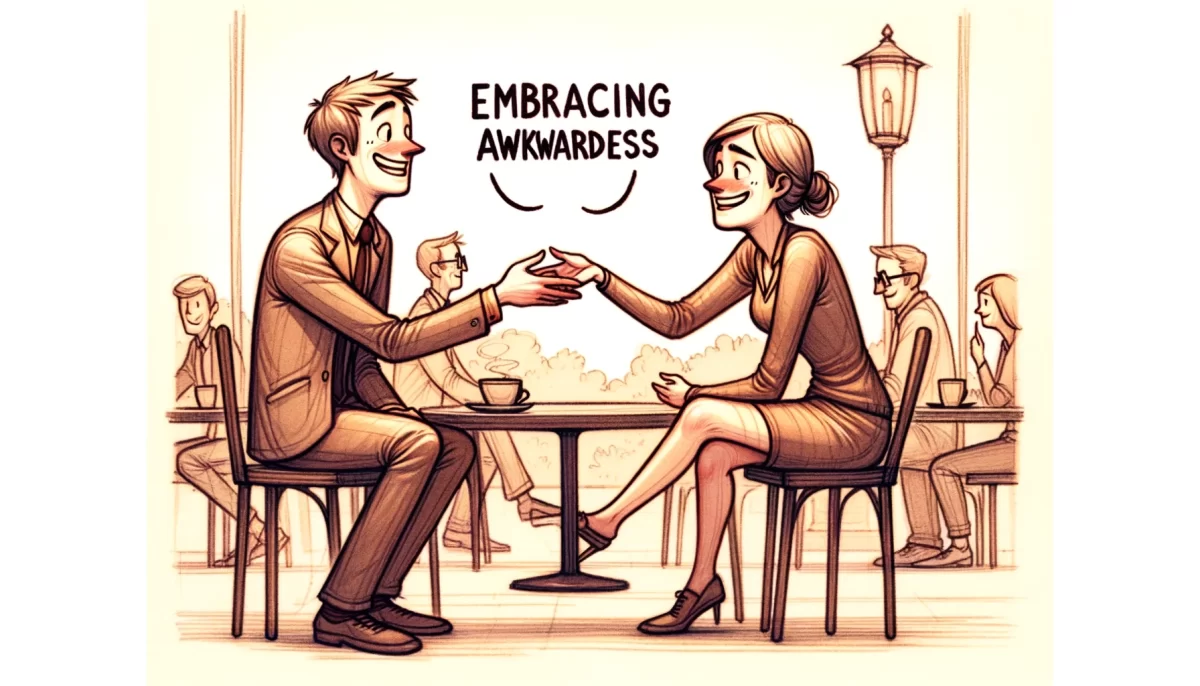
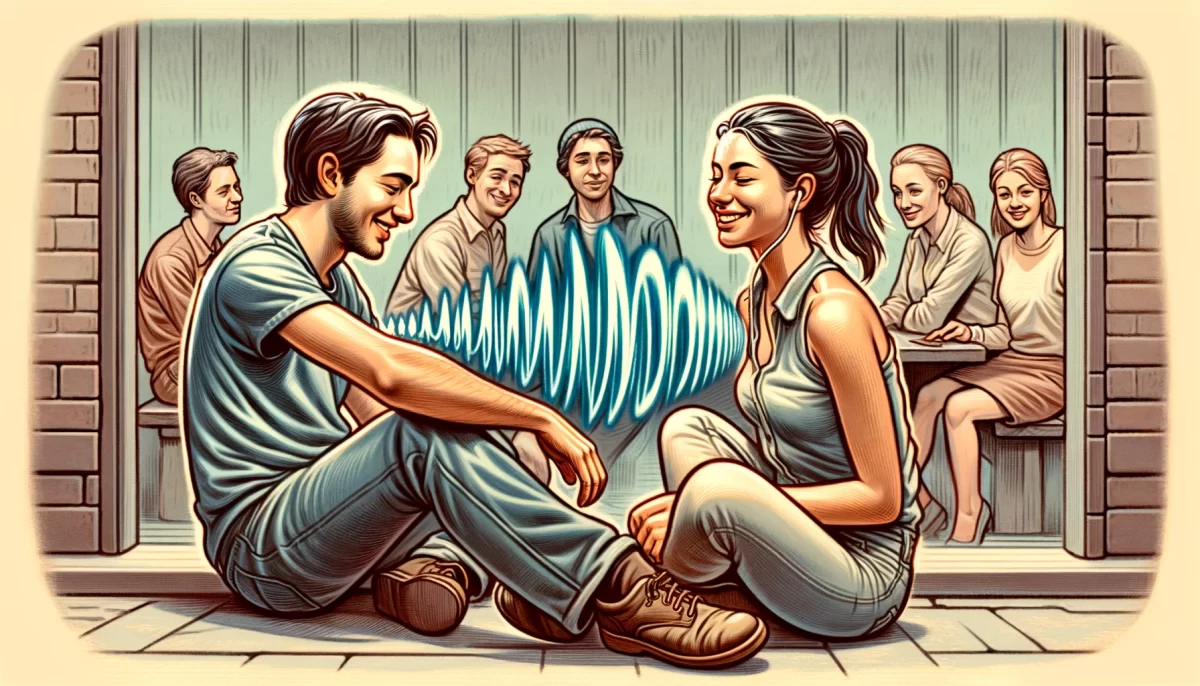
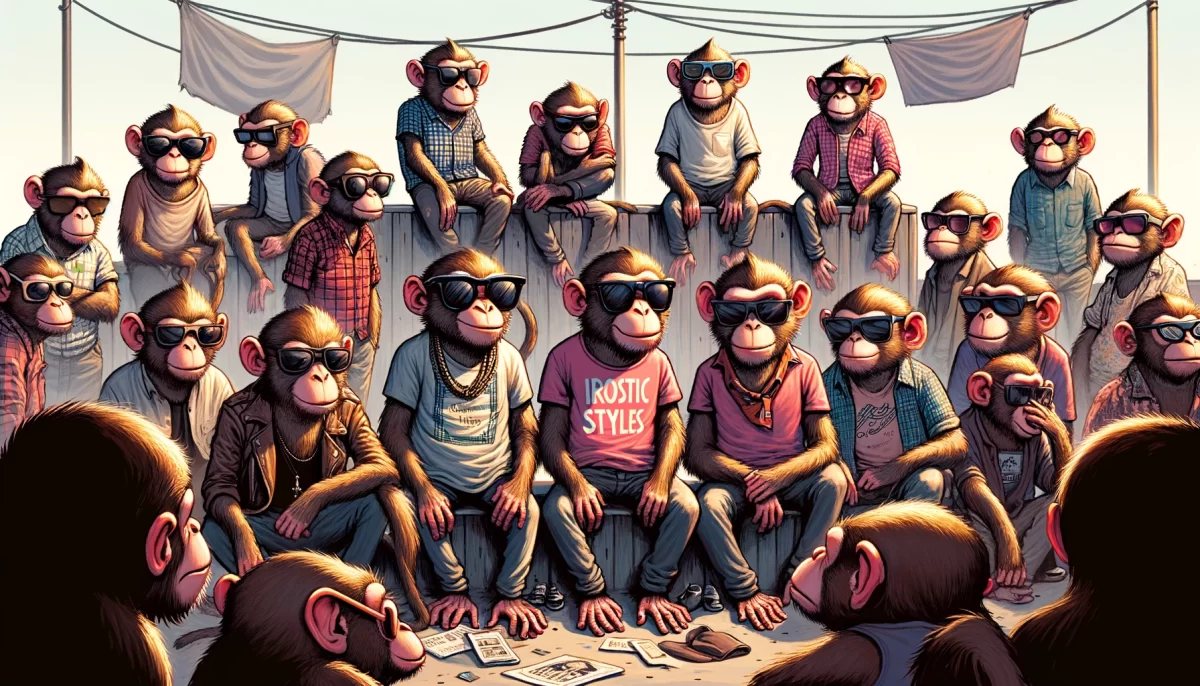
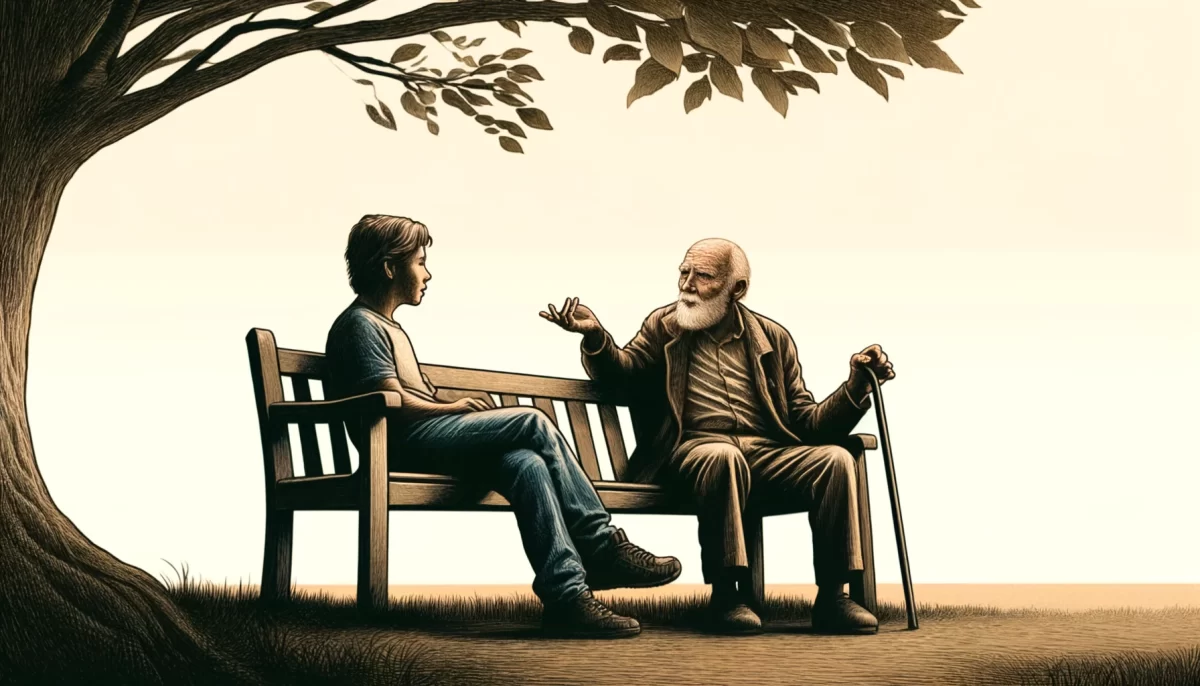



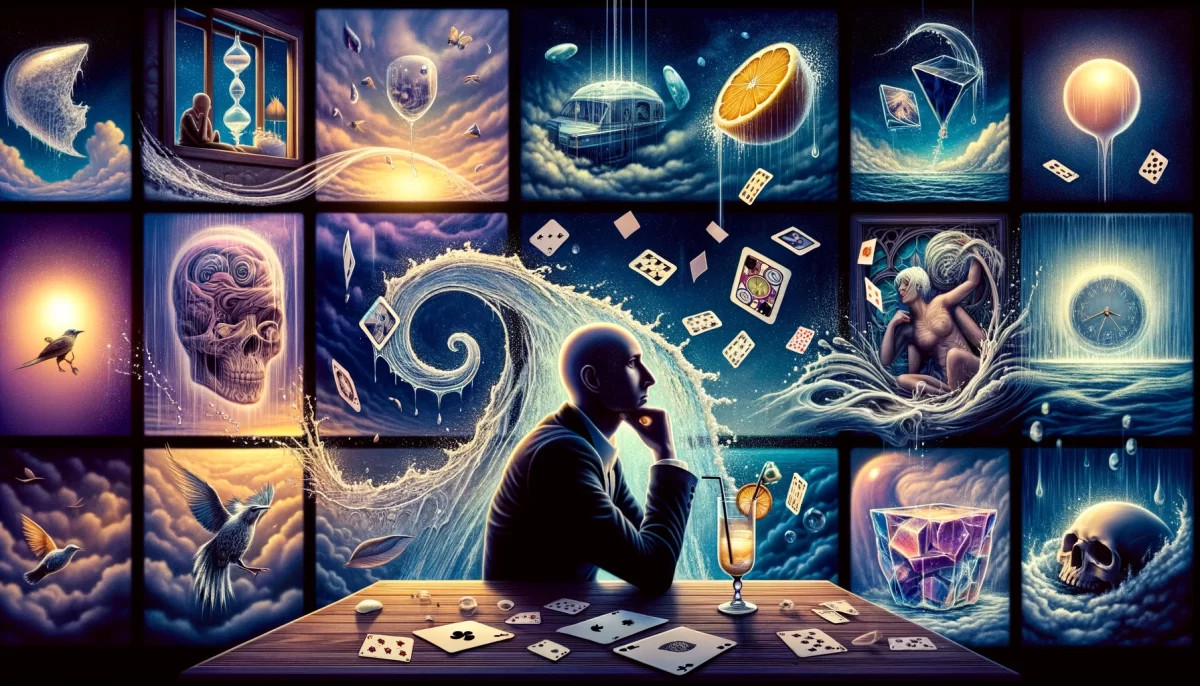










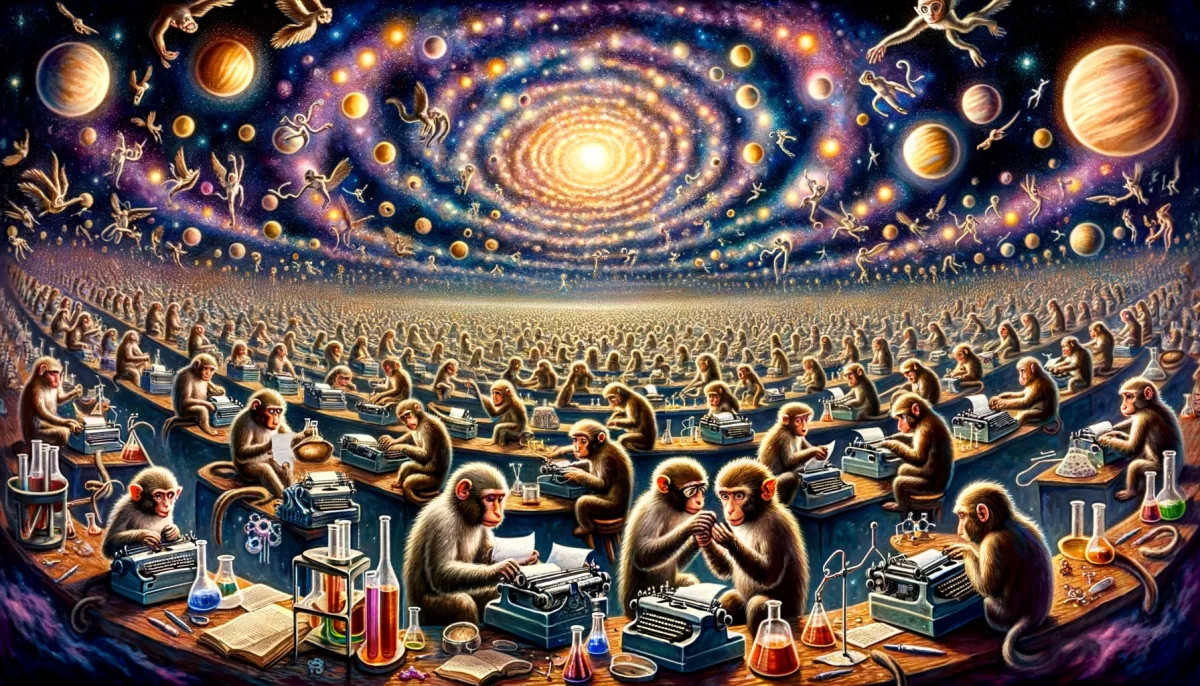
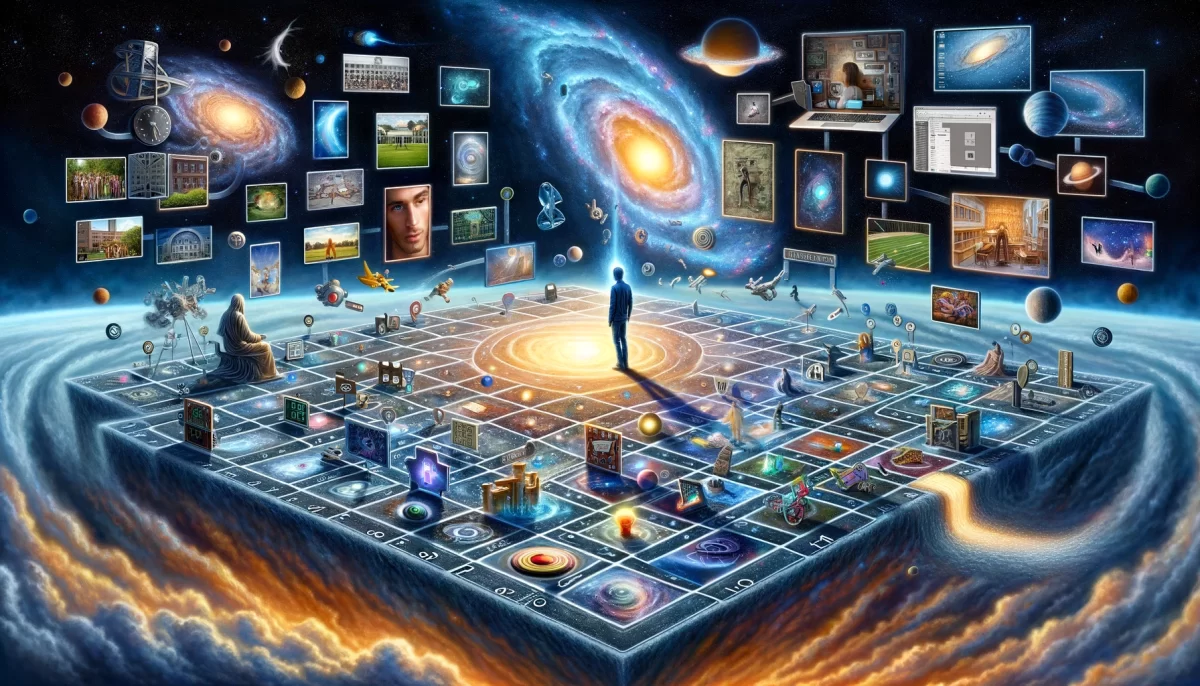

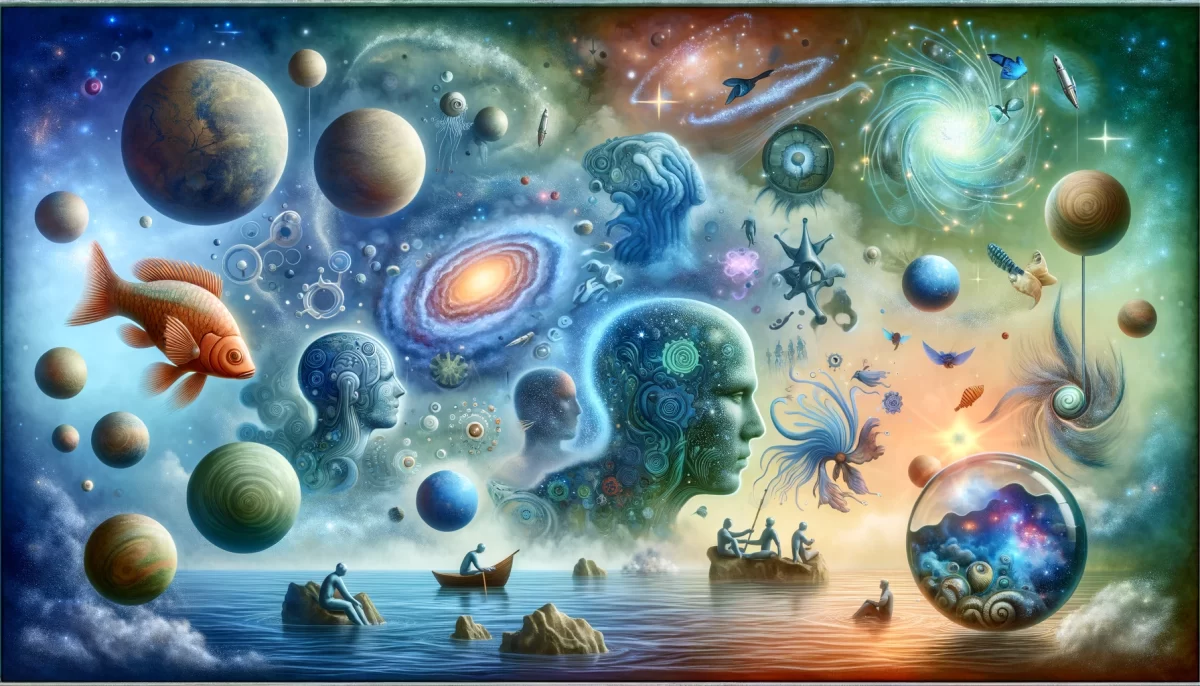
Leave a Reply